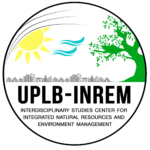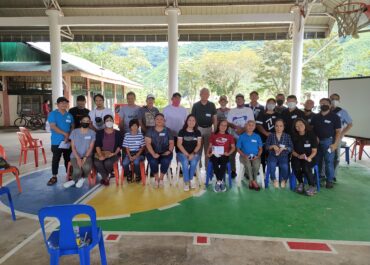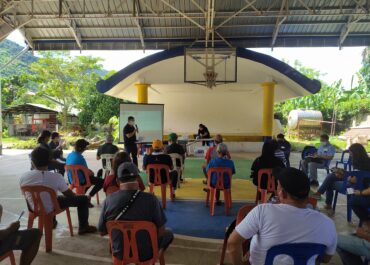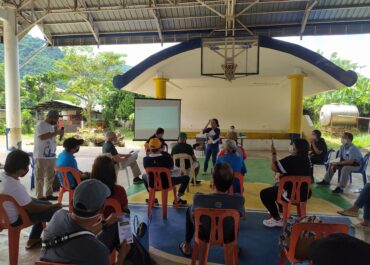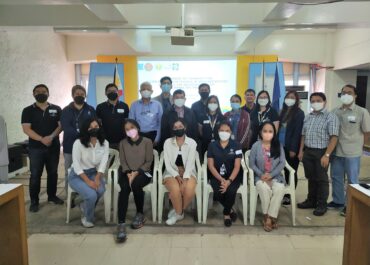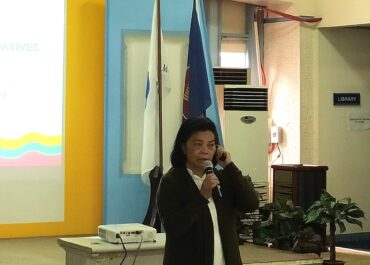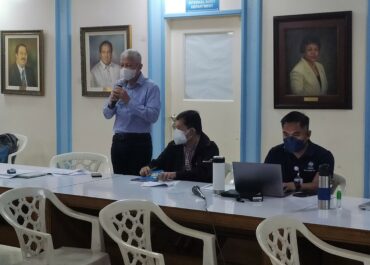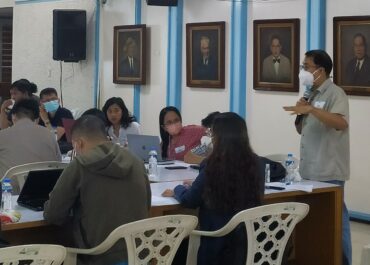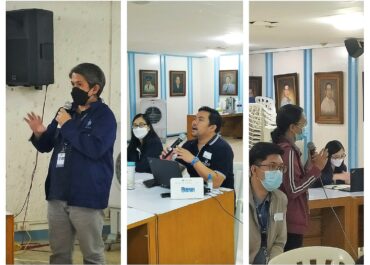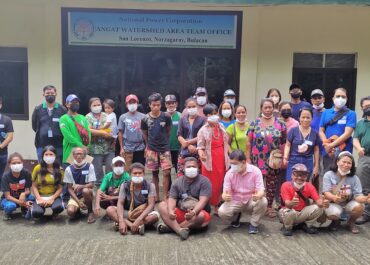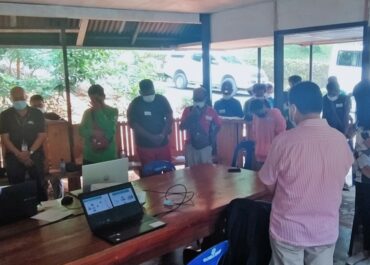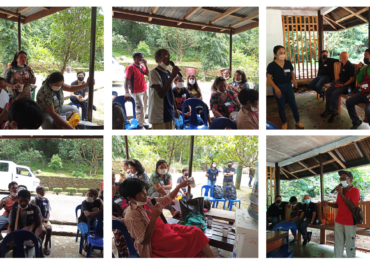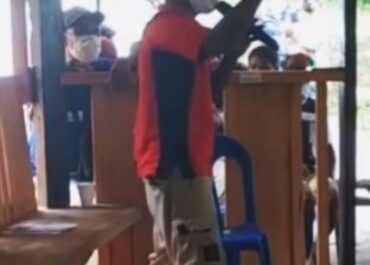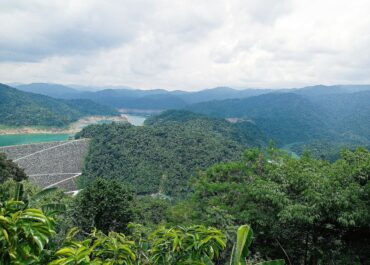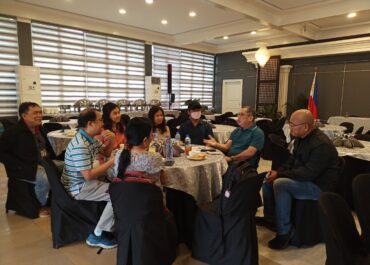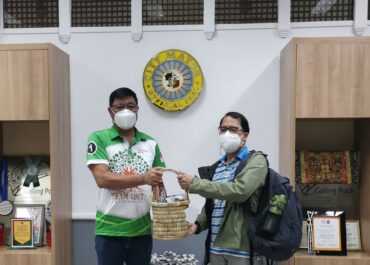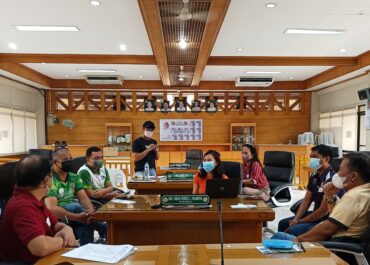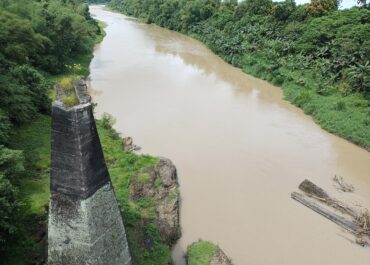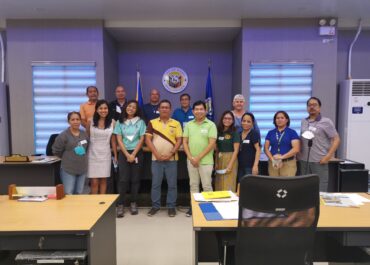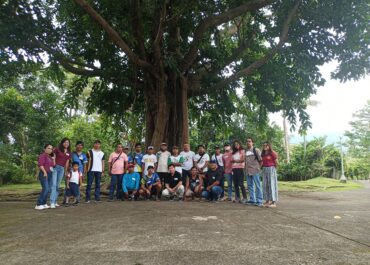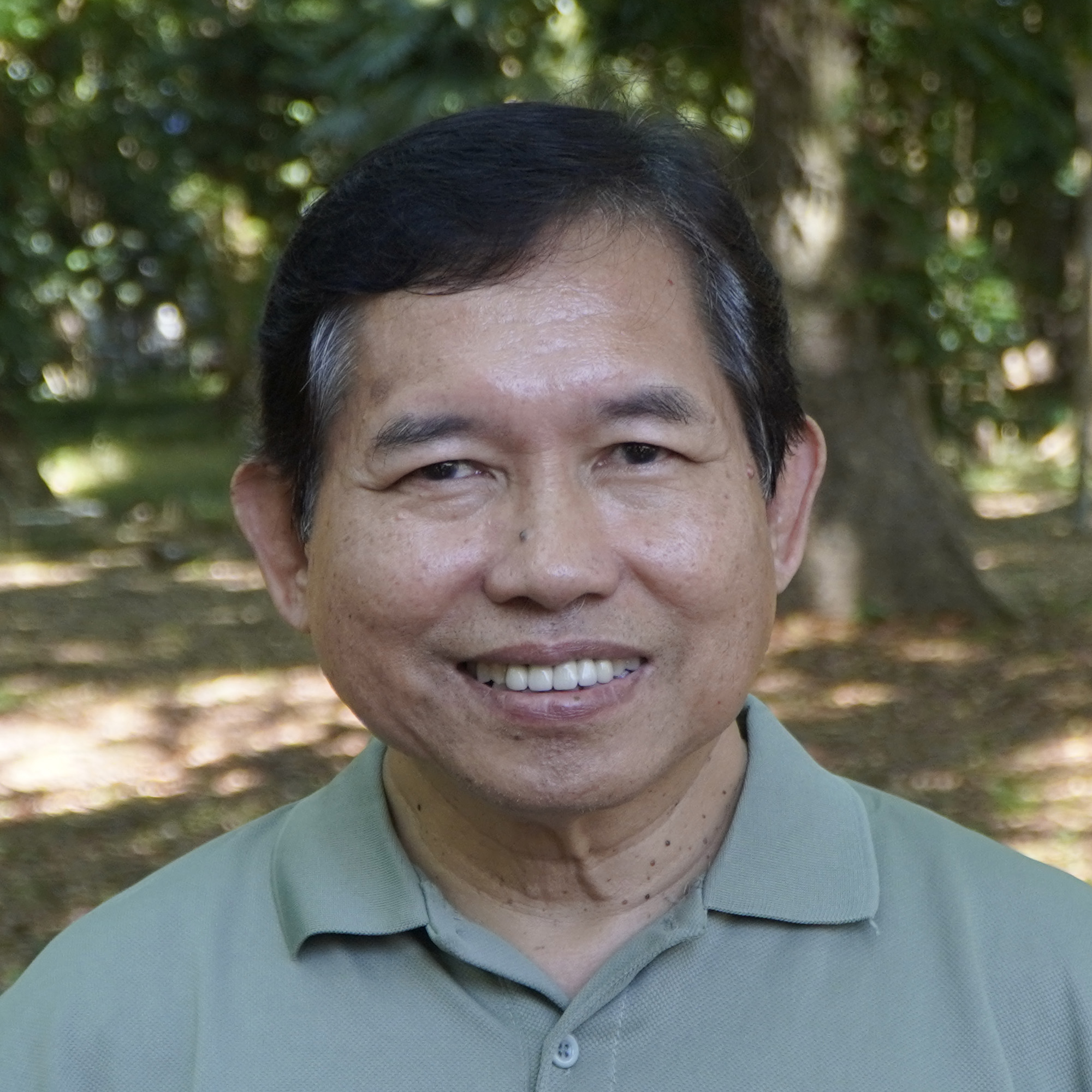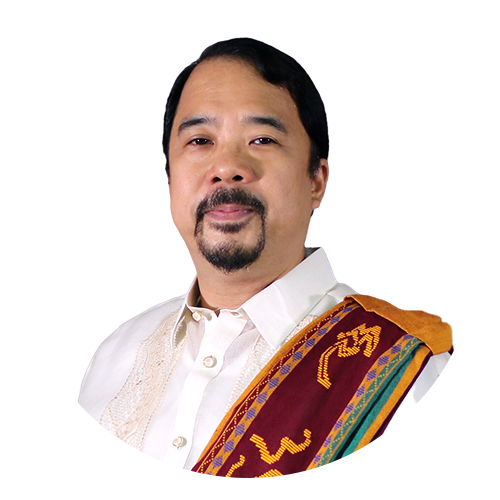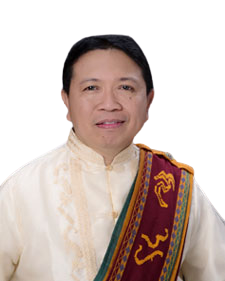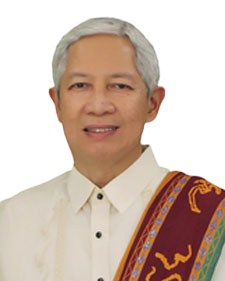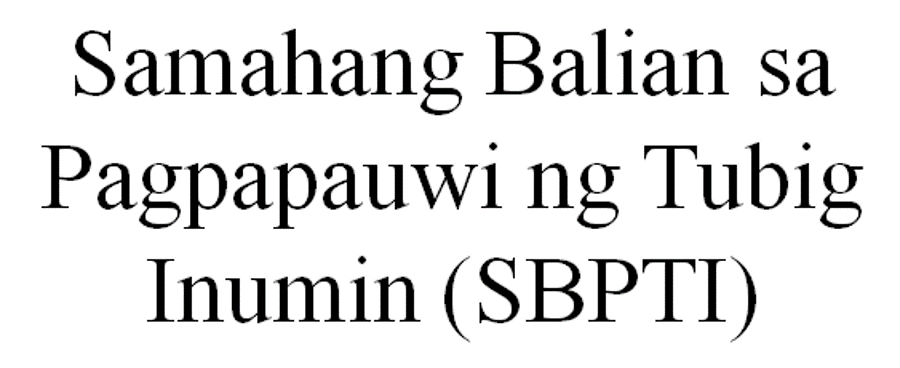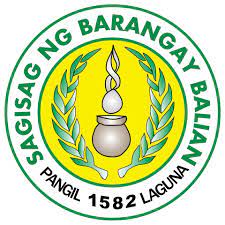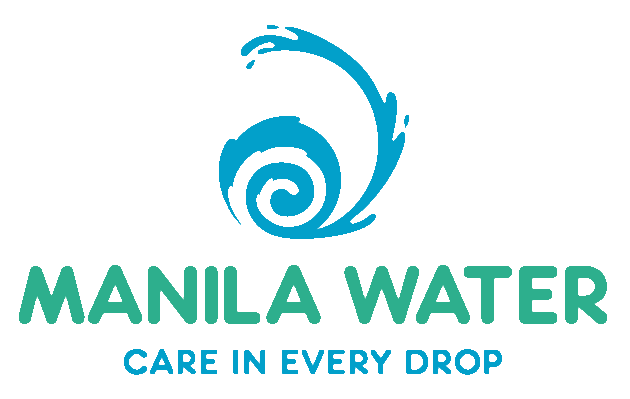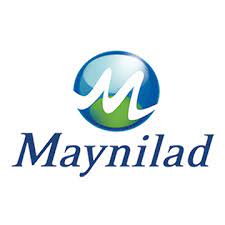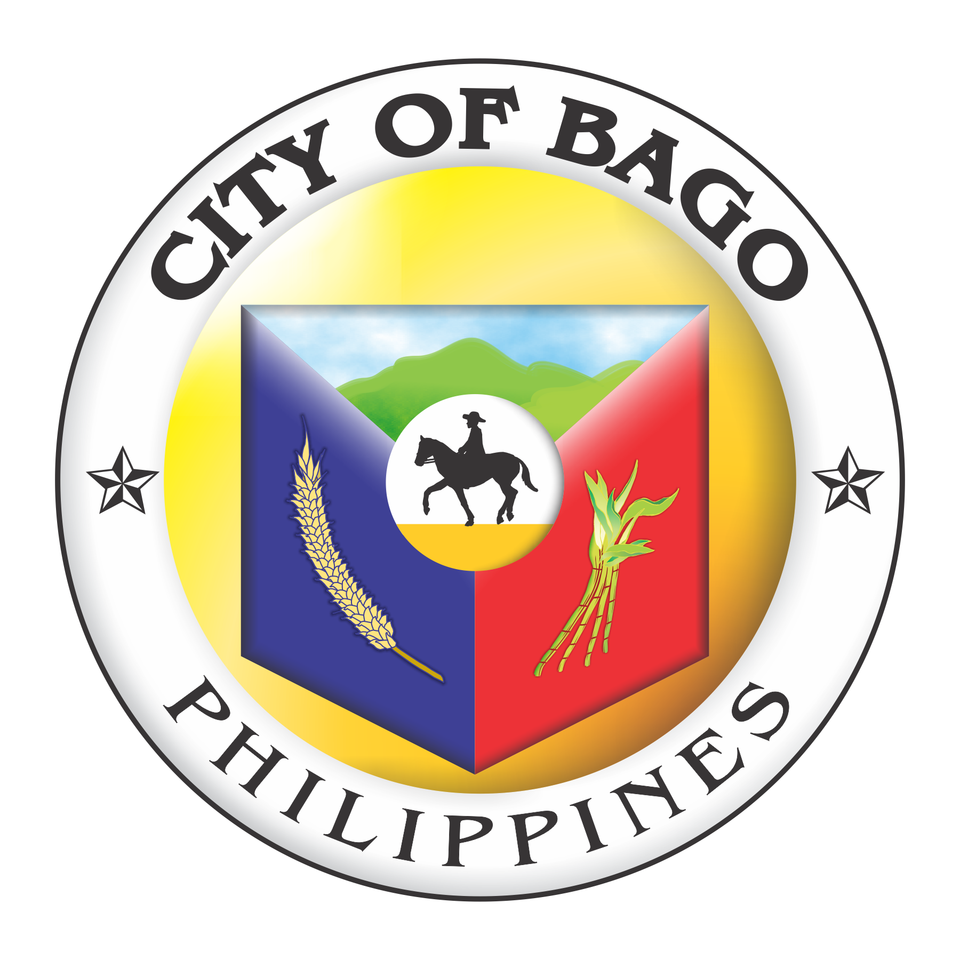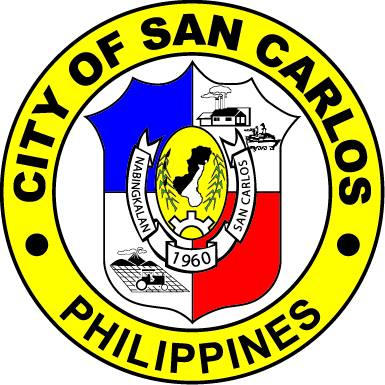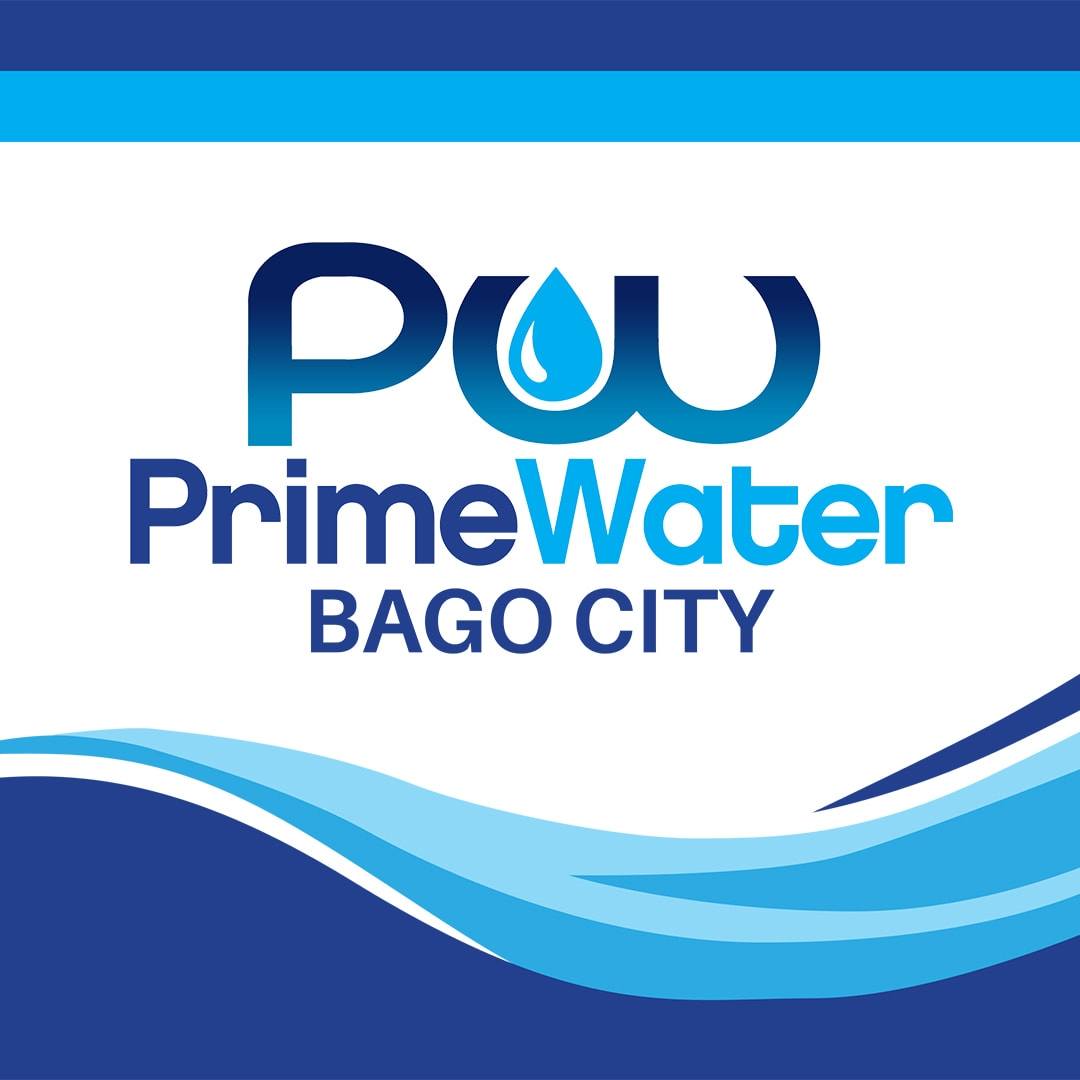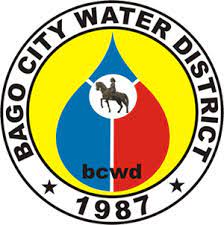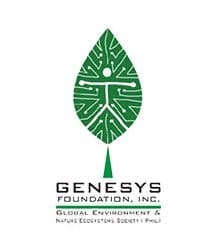Assessment of Payment for Water Ecosystem Service (P-WES) Initiatives Towards the Development of a Philippine PES Protocol
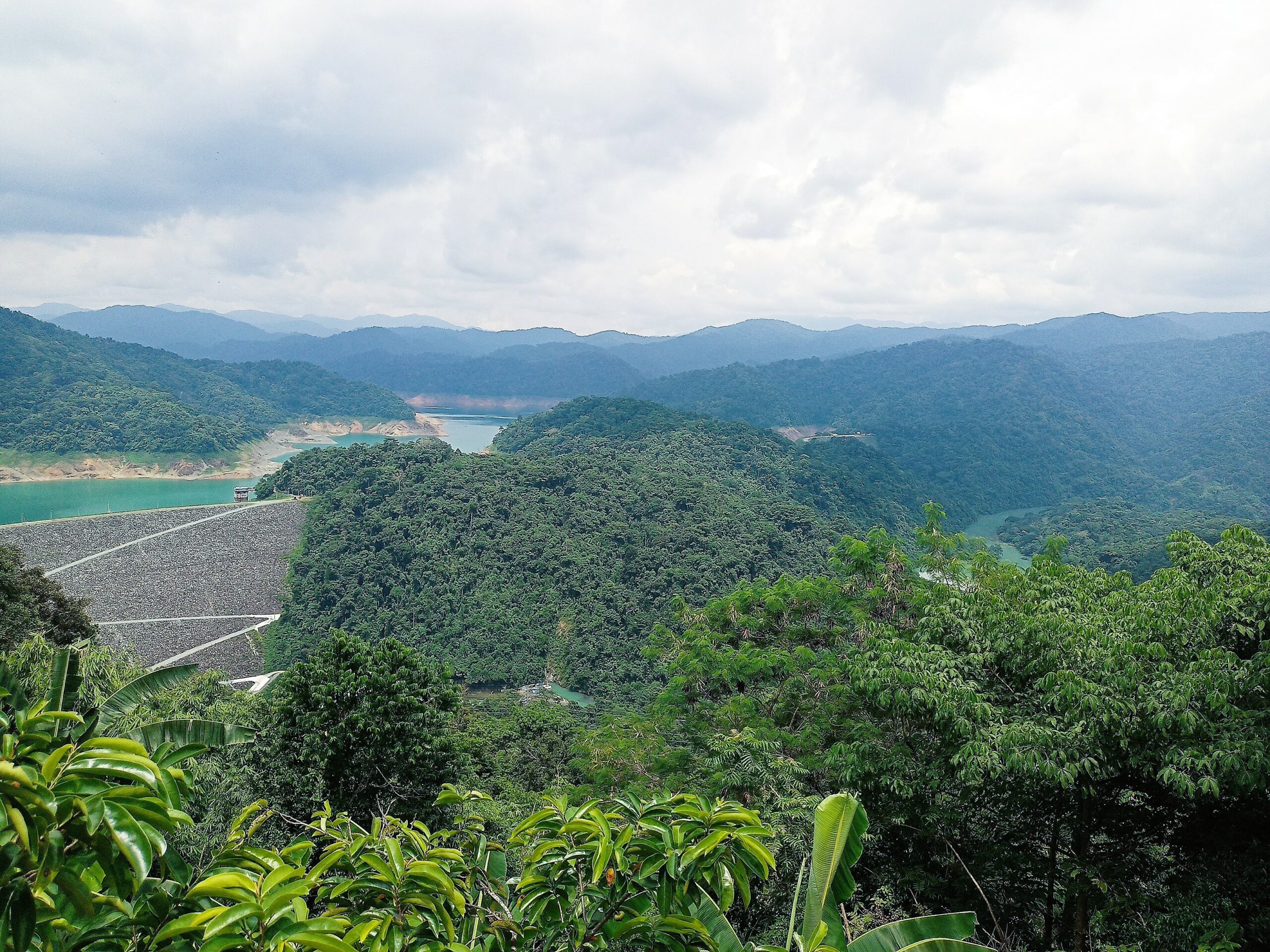
Project Overview
| Project Leader | Dr. Juan M. Pulhin |
| Implementing Agency | Interdisciplinary Studies Center on Integrated Natural Resources and Environment Management (IDSC-INREM), University of the Philippines Los Baños |
| Project Coverage | Philippines |
| Budget | PhP 5,000,000.00 |
| Project Duration | 24 Months (February 1 2022 – January 31 2024) |
Rationale
While environmental services have been traditionally enjoyed for free, competing demands and a growing scarcity now require greater mediation to ensure protection alongside equitable benefit sharing (Boquiren, 2004).
In watershed protection, the basic principle behind the Payment for Ecosystem Services (PES) is to establish, through a payment system, a connection between the providers of water-related services who are the upland dwellers, and the downstream users or beneficiaries of the environmental service (Bennagen et al., 2006) and offers a promising approach to protect the ecosystem while at the same
time addresses the economic aspect of development (Engel et al., 2008; De Groot et al., 2010; Spangenberg & Settele, 2010). The important role that ecosystems play in providing goods and services is widely recognized (Millenium Ecosystem Assessment, 2005; Plummer, 2009; Ojea et al., 2012).
PES schemes are policy instruments designed to enhance ecosystem goods and services by linking ecosystem users and beneficiaries to environmental service providers through payment options and voluntary arrangements (Lurie et al., 2013). As a policy instrument, the major goal of PES scheme is “to buy as much environmental outcome (ecosystem services) and associated human well-being gain as possible for scarce public and private funding” (Greiner & Stanley, 2013).
In the Philippines, the recognition of PES started in 2000 yet the policy requiring or stipulating the adoption of PES remains to be lacking. Nonetheless, various PES schemes with varied funding mechanisms and focus (i.e, watershed protection, carbon sequestration, flood mitigation, water supply, etc.) were implemented since its recognition in 2000. However, these are short-lived PES-like initiatives. Hence, a closer look at the benefits that accrue to the providers of environmental services is imperative.
Through a comprehensive assessment of the previous PES initiatives, lessons learned from the implementation will be distilled to understand the necessary steps needed for the adoption of PES in the Philippines.
